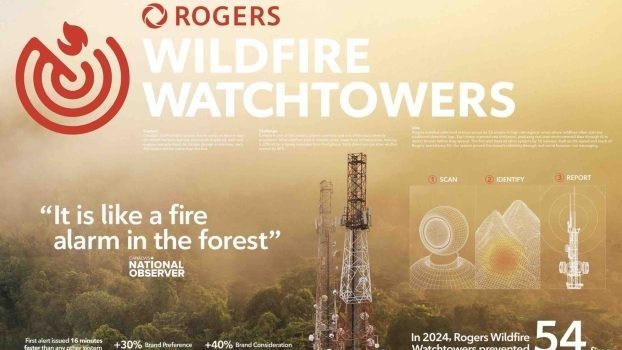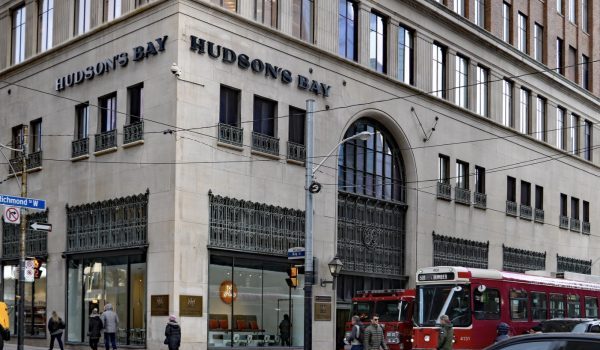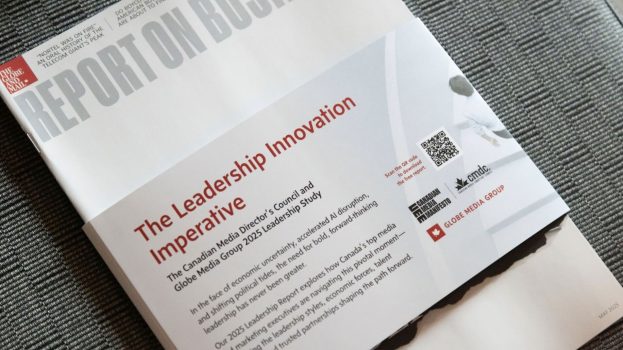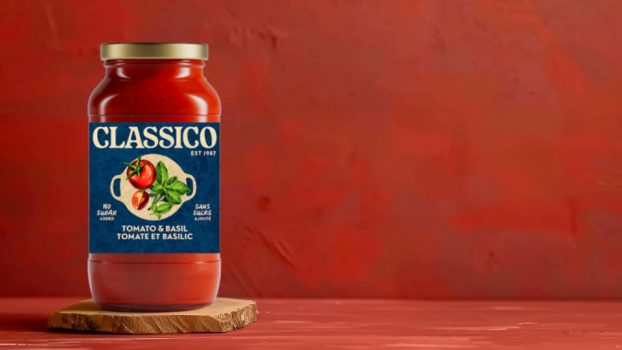It costs at least a million bucks for a four-year Olympic sponsorship deal – is it really worth it? The latest Strategy/Decima poll suggests marketers might have a bigger impact if they gave that money directly to the athletes.
When asked whether they were more likely to buy product from a company that financially supports amateur athletes directly or an official Olympic sponsor, a significant 53% of Canadians picked the former, while only 25% chose the latter.
Nonetheless, when asked which brands they most closely associate with Canada’s Olympic Team, the majority of participants cited those that are indeed official sponsors. Respondents were given a choice of five, with three of them being legitimate Olympic partners. Overall, official sponsors – Visa (22%), McDonald’s (22%) and RBC Royal Bank (14%) – collected more responses than the two other brands, MasterCard (12%) and Esso (8%).
Nick Marrone, Toronto-based executive director of marketing and communications for the Canadian Olympic Committee (COC), believes the outcome of the first question has a lot to do with timing, and that in mid-June, when promotions around the Summer Olympics in Athens are in full swing, pollsters would get a completely different message.
During the games, he says, the campaigns from official sponsors will tell the COC story, including the fact that the organization donates $1 to $2 million directly to individual athletes each year (out of an average $13 million annual investment), while the remainder goes to coaches, training, teams, facilities, and equipment.
So why isn’t the COC investing in an awareness campaign to deliver that message itself?
‘If we do have an issue where the public today believes we should be spending more money on athletes than investing in sport, we need to have a discussion with our sponsors so we can collectively address that,’ says Marrone.
‘All of our money goes to sport and athletes. If I were to do a $3 million ad campaign, that’s $3 million less that we’re investing in amateur sport. The sponsors are stepping up to [communicating our contributions], and they’re stepping up to it in a big way heading into Athens.’
Looking more closely at the demographic breakdown of responses, Mike Macchiusi, a senior consultant at Toronto-based Decima Research, notes that, in regard to the first question, the highest percentages of responses favouring direct support of amateur athletes were in Alberta at 63% and British Columbia at 62%.
Macchiusi surmises that with all the regional coverage around the Vancouver 2010 Olympics and Calgary’s 1988 experience still fairly fresh in the minds of Albertans, citizens of those provinces have likely had more recent exposure to stories of individual athletes and their need for financial assistance.
‘They’ve probably also seen the commercialization of [the Olympics], and probably think the athletes need the support a lot more,’ he says.
Jane Roos, founder of the See You In Athens Fund, hopes that her group’s hard-hitting PR and ad campaign, which launched in February and was created by Toronto-based ad agency Taxi, has in some way contributed to consumer awareness of the plight of Canada’s Olympics-bound athletes. The Fund is a non-profit group devoted to raising money and awareness for amateur athletes.
‘Most of [Canada’s world-class amateur] athletes live on $13,000 a year and when you incorporate other costs of training and food and rent and equipment and travel – it’s a pretty big challenge. Money goes directly to them and if corporate Canada gets behind it, we can build awareness.’
Obviously corporate Canada has heard the message. The Fund has received a major donation from MasterCard and a commitment of $500,000 a year for six years from Molson Canada, which has also been promoting the Fund heavily.
So, would marketers get better business and awareness results through sponsorship of individual athletes and teams instead of the Olympics?
Official Olympic sponsor RBC doesn’t think so. Its recognition as an Olympic sponsor in the survey was pretty consistent across all the demographic categories, as would be expected for Canada’s longest-running Olympic sponsor. RBC began its sponsorship back in 1947 when it was approached by the COC to help get Canadian athletes to the St. Moritz Games.
Jackie Ryan, senior manager of sponsorship for Toronto-based RBC, says the bank supports the event because it stands for excellence, teamwork, commitment, and leadership – and the results of the Strategy/Decima poll won’t change that.
She points out that feedback from RBC’s clients has been positive, and that the bank’s Olympic involvement drives awareness, as does its contributions to all levels of sport, including individual athletes or teams, across Canada.
‘What we’ve heard from our clients is that it’s very important that RBC step up and make a difference in helping athletes all over this country, whether that be on the world stage or just getting kids out there being more physically active.’
Having said that, a significant number of Canadians did choose non-official sponsors MasterCard and Esso as the brands they associate most with the Olympics. Mike Ronan, associate consultant at Decima, feels this is due to the sheer amount of advertising and sponsorship activities from these marketers, particularly in relation to other sports.
‘MasterCard does a lot of sponsorship of worldwide events such as the World Cup and Euro Cup [soccer tournaments] and that could have an effect on [getting association with] the Olympics as well. There could be some confusion there.’
On a positive note, the official Olympic sponsors appear to have received their best recognition numbers among their core target groups. When broken down, for example, Visa scored well among $100,000-plus households, in Ontario, and in the 35-to-44 and 45-to-54 age segments.
McDonald’s, on the other hand, scored highest among under-$40,000 households, in Quebec and Atlantic Canada, and among 18-to-34s.
Ian Malcolm, president of Toronto-based sports marketing company Desperado Marketing, says this is proof that if companies leverage sponsorship effectively – the payoff can be sweet.
‘Both [Visa and McDonald’s] do a good job of leveraging their support, and telling their market about it. If you did that research again later this summer, you would probably see those numbers increase during an Olympic [advertising] cycle.’
However, he also suggests consumers may have somewhat soured against the Games and that perhaps that is why they would rather give directly to athletes. He believes such an attitude may have emerged in light of scandals plaguing the International Olympic Committee, such as allegations that its members were paid off by officials promoting the 2002 Salt Lake City Games.
‘Consumers don’t just look at a company for the product it puts out but also for the way it conducts itself in business, what it supports and how closely the perception is that the brand’s ideals closely parallel that of the particular consumer,’ he says. ‘If the consumer deems it important that amateur athletics is supported and Brand X does that, the consumer sees that the brand is in line with their philosophy.’
Decima conducted this poll on behalf of Strategy via its monthly telephone omnibus, for which data was collected from 2,000 consumers between April 10 and April 20. Each month a random sample is generated and quotas for each region are disproportionately allocated. The data is weighted in tabulation to replicate actual population distribution by age and sex within regions, according to census data. For more information, contact Decima Research at (416) 962-2013.























